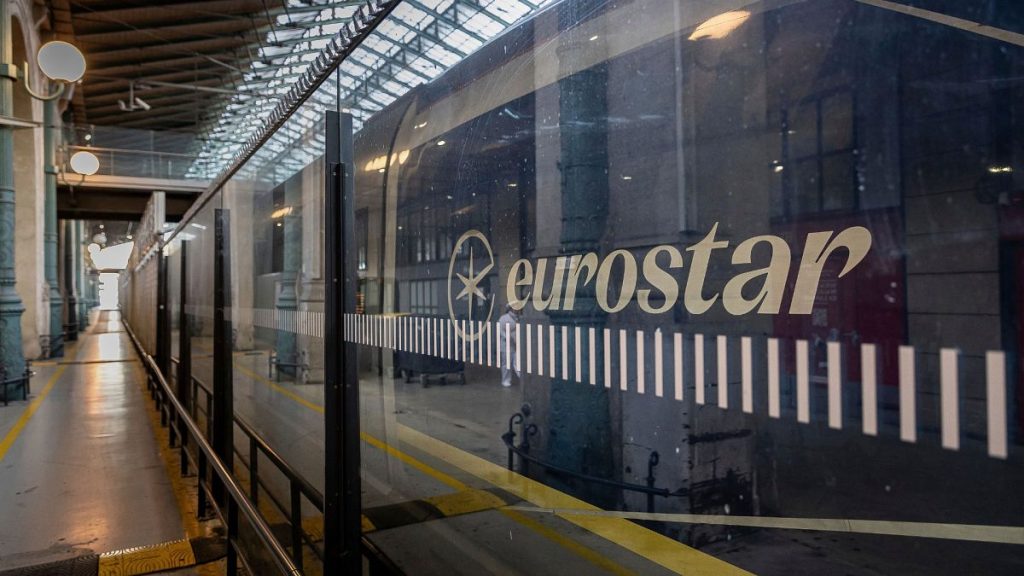A recent report by Transport & Environment (T&E) has assessed the performance of 27 European rail operators, revealing a stark contrast in quality and affordability across the continent. The study, which evaluated operators based on criteria including ticket prices, reliability, booking experience, and traveler experience, highlights the urgent need for improvements in European rail services. While some operators excel in providing efficient and cost-effective travel, others lag behind, burdened by high prices and inconsistent service, underscoring the need for industry-wide reforms to enhance rail travel across Europe.
The report showcases a spectrum of performance among European rail operators. Italy’s Trenitalia emerged as the top performer, achieving high marks for its overall travel experience. Switzerland’s SBB followed closely, boasting the most punctual trains in the assessment. Notably, Czechia’s RegioJet also secured a high ranking, offering some of the most affordable fares on the continent. This diversity in performance indicates that providing high-quality rail services is achievable, setting a benchmark for other operators to emulate. Conversely, Eurostar, Hellenic Train (Greece), and Ouigo (France) occupied the bottom rungs of the ranking, highlighting areas where significant improvements are necessary.
A key finding of the report is the disparity between ticket prices and service quality. While some operators manage to balance affordability with a positive travel experience, others, such as Eurostar and Avanti West Coast (UK), were criticized for their high fares coupled with subpar services. This disconnect underscores the importance of not only competitive pricing but also delivering a commensurate level of service. The report highlights that high ticket prices can deter passengers from choosing rail travel, emphasizing the need for a more balanced approach between cost and quality. The most affordable operator, Flixtrain (Germany), stood in stark contrast to the more expensive options, demonstrating that competitive pricing is possible within the European rail market.
Reliability emerged as another crucial factor influencing passenger satisfaction. While SBB, SNCB (Belgium), and Renfe (Spain) demonstrated commendable punctuality, several operators struggled to maintain consistent service. The report revealed that only 11 out of 27 operators achieved punctuality rates above 80%, emphasizing the need for improved infrastructure and operational efficiency. The booking experience also varied significantly, with SBB, Deutsche Bahn (Germany), and ÖBB (Austria) offering user-friendly platforms, while others lagged behind in terms of accessibility and functionality. This inconsistency in booking processes further underscores the need for standardized procedures and greater integration across the European rail network.
The report’s findings underscore the importance of addressing the issue of high ticket prices, which are a major deterrent for potential rail passengers. The study found a strong correlation between ticket affordability and passenger choice, with many individuals opting for alternative modes of transport due to the high cost of rail travel. This highlights the need for a concerted effort by both rail operators and governments to make train travel more accessible. Operators need to implement customer-friendly pricing strategies, while governments can contribute by promoting fair competition and reducing rail tolls. Such measures are crucial for incentivizing greater use of rail transport and achieving sustainability goals.
The report suggests several pathways for improving European rail services. One key recommendation is the implementation of a Single Digital Booking and Ticketing Regulation, which would streamline the booking process for cross-border travel and ensure consistent passenger rights. This initiative, championed by the EU Commission, aims to simplify the often complex and fragmented ticketing systems across different countries and operators. Another crucial area for improvement is the wider adoption of the European Rail Traffic Management System (ERTMS), a standardized signaling system that can enhance capacity and punctuality. By implementing these measures, European rail can move towards a more integrated, efficient, and passenger-friendly future, making it a more attractive and viable transportation option for all.














